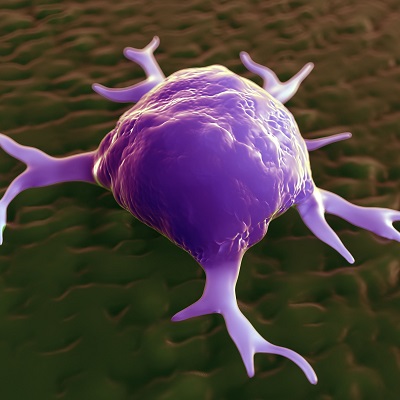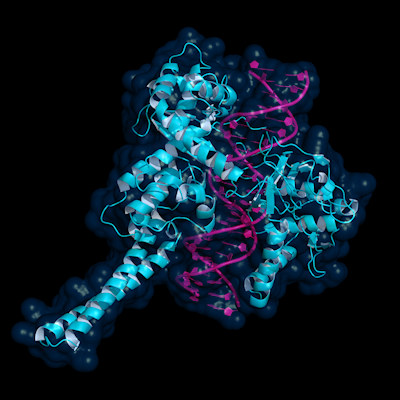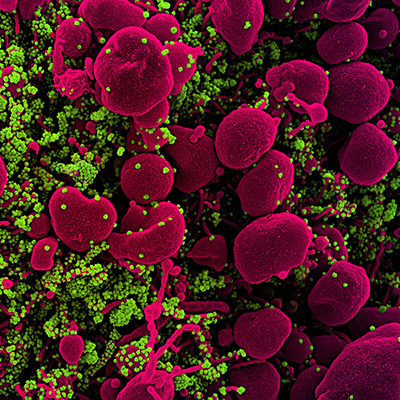October 27, 2022 -- Boston University researchers have identified a receptor that contributes to hyper-inflammatory responses to SARS-CoV-2 infection. Their findings, published October 24 in the journal PLoS Pathogens, may potentially alleviate COVID-19 disease severity.
Macrophages -- large, specialized cells formed in response infection -- engulf and destroy damaged target cells. Macrophage dysregulation during SARS-CoV-2 infection and macrophage overproduction of pro-inflammatory cytokines likely contribute to COVID-19 disease severity. However, the mechanism responsible for this hyper-inflammatory response was unclear.
The researchers identified a lectin receptor, CD169, and compared human macrophages that expressed CD169 with those that did not. They then exposed these cells to SARS-CoV-2. They found that SARS-CoV-2 entry in macrophages was facilitated by CD169, which recognizes the SARS-CoV-2 spike protein.
Macrophages expressing CD169 easily permitted viral entry and virus replication initiation, but prevented the production of new infectious virus particles, blocking completion of the virus's life cycle. The initiation of virus replication and expression of abortive viral transcripts in CD169 macrophages was sufficient to activate the host's immune system and induce pro-inflammatory responses.
The researchers hypothesize that persistent activation of viral sensing mechanisms that detect these viral replication intermediates in macrophages might contribute to the hyper-inflammation associated with severe COVID-19 disease. Future studies may address the molecular details of this unique virus entry mechanism and explore how it differs from conventional entry pathways.
"Consideration of therapies that target this alternative virus entry mechanism are needed, as they might prove useful in ameliorating the harmful effects of SARS-CoV-2 infection in macrophages," Boston University microbiology professor and corresponding author Suryaram Gummuluru, PhD, said in a statement.
Copyright © 2022 scienceboard.net










